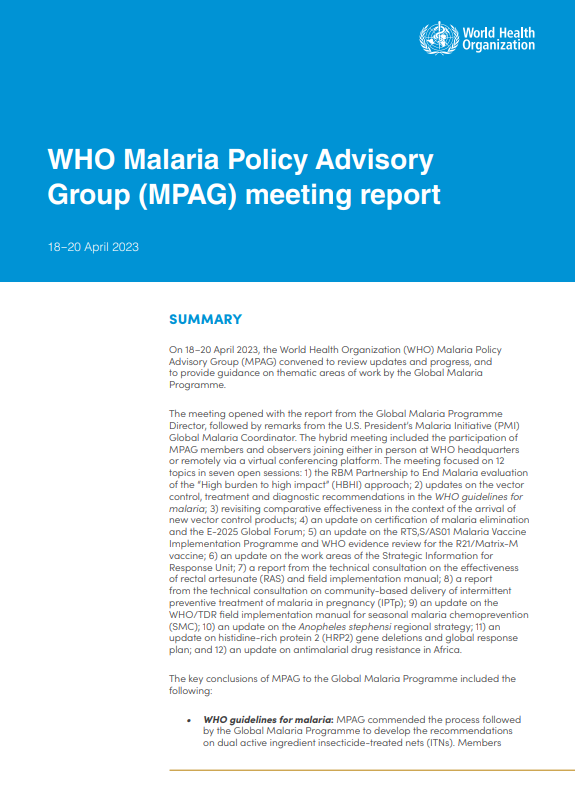Last Updated: 02/12/2024
MICA: An evaluation of the antimalarial vaccine candidateR21/matrix M for malaria elimination strategy in the Greater Mekong Subregion
Objectives
To evaluate the new vaccine candidate R21 with matrix-M adjuvant as a malaria elimination tool for the Greater Mekong Subregion.
We are proposing the evaluation of the new vaccine candidate R21 with matrix-M adjuvant as a malaria elimination tool for the Greater Mekong Subregion. Existing malaria control tools have driven falciparum malaria transmission to very low levels. The addition of mass drug administrations has reduced and even interrupted transmission for short time spans. A vaccine which can confer protection for a longer, albeit limited, time period may be sufficient to interrupt malaria transmission permanently on a regional level. To roll out mass vaccine administrations on a regional level it is necessary to demonstrate that vaccine is well tolerated and triggers the desired immune response when co-administered with antimalarial drugs in the the people currently at risk for malaria in the Greater Mekong Subregion. The proposal here conducts a healthy volunteer study to demonstrate that the vaccine candidate R21 with matrix-M is well tolerated and immunogenic in Thailand. This study will be conducted in healthy volunteers at Mahidol University, Bangkok, Thailand. The vaccine regimen will consist of three vaccine doses one month apart. Each vaccine dose will be combined with three doses of antimalarial drugs (dihydroartemisinin / piperaquine and a single low dose primaquine). Study participants will be followed for 6 months to assess their well being and immune responses. If successful the research will proceed to the next, larger trial to see whether the vaccine co-administered with antimalarial drugs protects against falciparum malaria, but that will be separate grant application.
The first is a Phase II trial, for which the application sets to demonstrate that R21/matrix M is well-tolerated and immunogenic when administered with the antimalarial drug combination dihydroartemisinin-piperaquine and a single low-dose piperaquine. In this trial, three groups of healthy, adult Thai volunteers will be randomised to receive: a) three rounds R21/matrix-M combined with antimalarial drugs (dihydroartemisinin/piperaquine and a single low dose primaquine) b) R21/matrix-M alone and c) antimalarial drugs alone. Study participants will be followed for six months after the first vaccine dose. Adverse events will be recorded initially daily, then weekly and finally monthly. IgG levels against epitopes on the circumsporozoite proteins will be assessed at four time points (M0, M1, M3, M6). This first trial will start at the beginning of 2020 and results should become available shortly after the study completion 6 months later. If R21/matrix-M is found to be safe and immunogenic in this Phase II trial, funding will be seeked to proceed to Phase III and IV trials.
Jan 2022 — Jan 2024
$392,018
